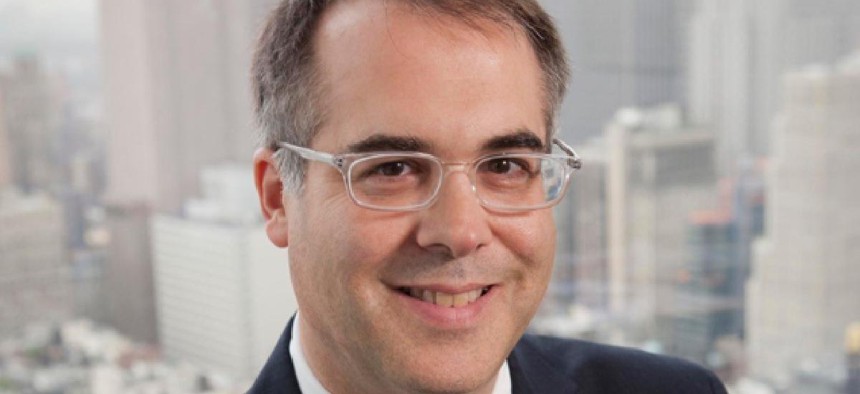What happened to your RFP?

Have you responded to a New York City government request for proposals (RFP) and then waited for months, wondering “what happened to my proposal?” While the typical life of a proposal can be gleaned from laws and court filings, here is the general roadmap:
Your proposal’s first stop is with the Agency Chief Contracting Officer (ACCO). The ACCO reviews proposals for “responsiveness,” checking whether you’ve satisfied any minimum qualifications and that your proposal meets the RFP’s specifications. ACCO reviews can be time consuming. Generally, RFPs should avoid unnecessary requirements and excessive specifications, as they can reduce competition and trip up even the best-performing incumbent.
Responsive proposals are then routed to evaluation committees. By law, these committees have to follow the evaluation criteria disclosed in the RFP to score the proposals. Yet, sometimes city agencies disclose only vague criteria in the RFP and instead give evaluators rating sheets containing unpublished evaluation rubrics. The ACCO collects the rating sheets and checks them for clerical errors.
While the procurement rules say that RFP selections are made by the evaluation committee, other members of the city agency’s program staff sometimes weigh in. Where the RFP provides for an unspecified number of multiple awards, those staff members decide how many awards to make and whether to “skip” a proposer (for geographic diversity or other purposes) to reach another, lower-ranked proposer.
The ACCO then determines whether the winning proposer is “responsible” by checking its integrity, capability and capacity. ACCOs often rely on a “vendor name check” by providing the names of the proposer and its principals to the city’s Department of Investigation, which searches its databases for “closing memoranda” (pre-existing reports summarizing results of prior investigations). The ACCO, perhaps working with the Mayor’s Office of Contracts Services (MOCS), may search databases for other adverse information about the proposer.
The ACCO then prepares a Recommendation for Award, which summarizes the procurement process, explains how the winning proposer was selected, and addresses any adverse responsibility information.
Before the comptroller will register a contract, the administration has to represent that the “procedural requisites” of the procurement process have been met, that the Law Department has approved of the contract’s form and that there are funds in the budget for the contract. As a result, a winning proposal’s next stops will include MOCS, the Office of Management and Budget and the Law Department.
It may sometimes appear that the procurement is “stuck at MOCS.” While MOCS’ role is to sign the “certificate of procedural requisites,” the Mayor’s Office may use its authority for operational or policy oversight. At other times, MOCS may be waiting for responses to questions, or for secured approvals from the Law Department or the Office of Management and Budget or for advice from the Department of Investigation.
The comptroller has 30 days to register a proposed contract. Contracts should be registered within that initial 30-day period, but there are situations where the comptroller would extend that time. The comptroller might be waiting for information about a procurement and say that the “30-day clock” does not start ticking until it arrives, or persuade the agency to withdraw the initial registration submission and resubmit an amended package (restarting the clock) or reject the registration package and claim it was insufficient to start the clock.
Note that proposers have some tools to monitor this process. Contract information is public under the Freedom of Information Law and the City Charter. But proposers considering influencing the process should review state and city lobby laws before communicating with the city.
Claude M. Millman is a partner at Kostelanetz & Fink, LLP. For over 15 years, he has represented government contractors, including nonprofits, doing business with New York City and state. He is a former Director of the Mayor’s Office of Contracts Services.
